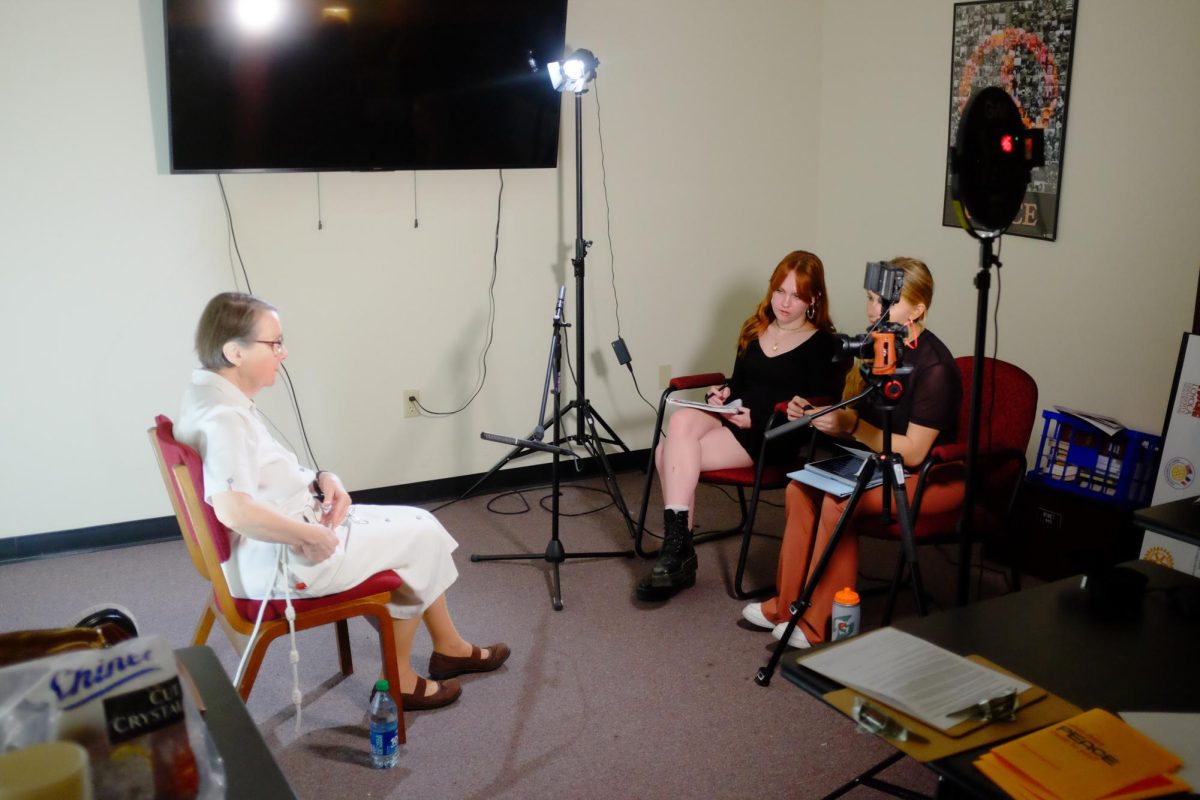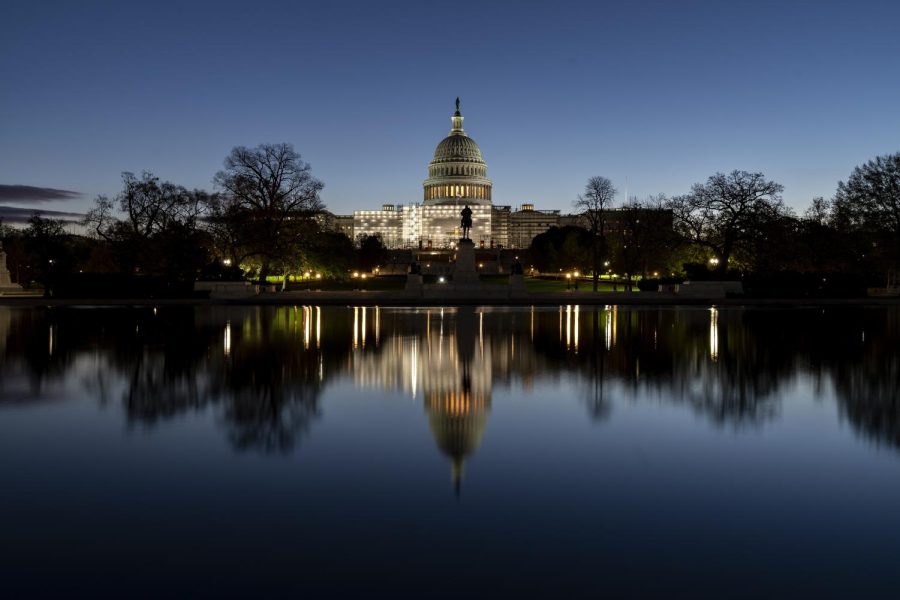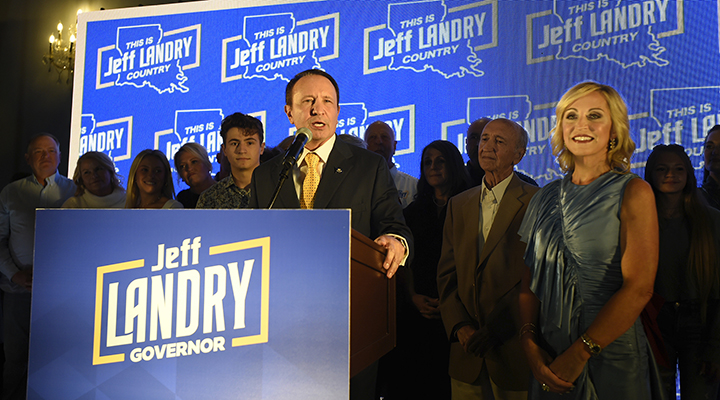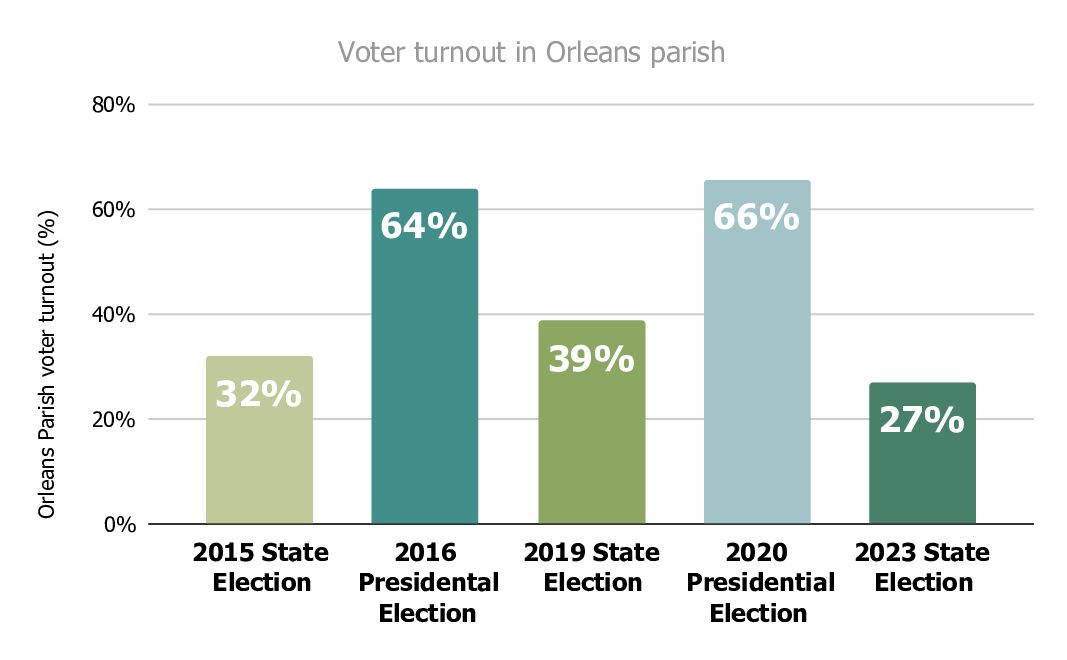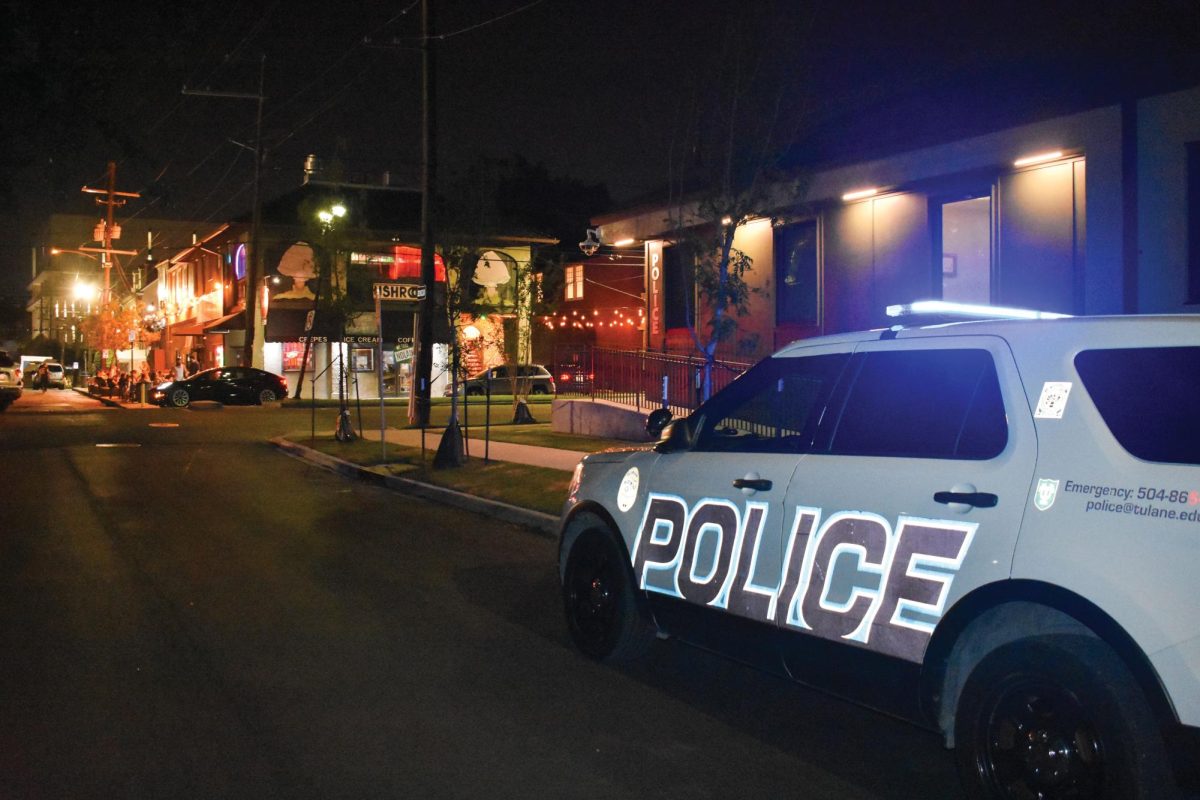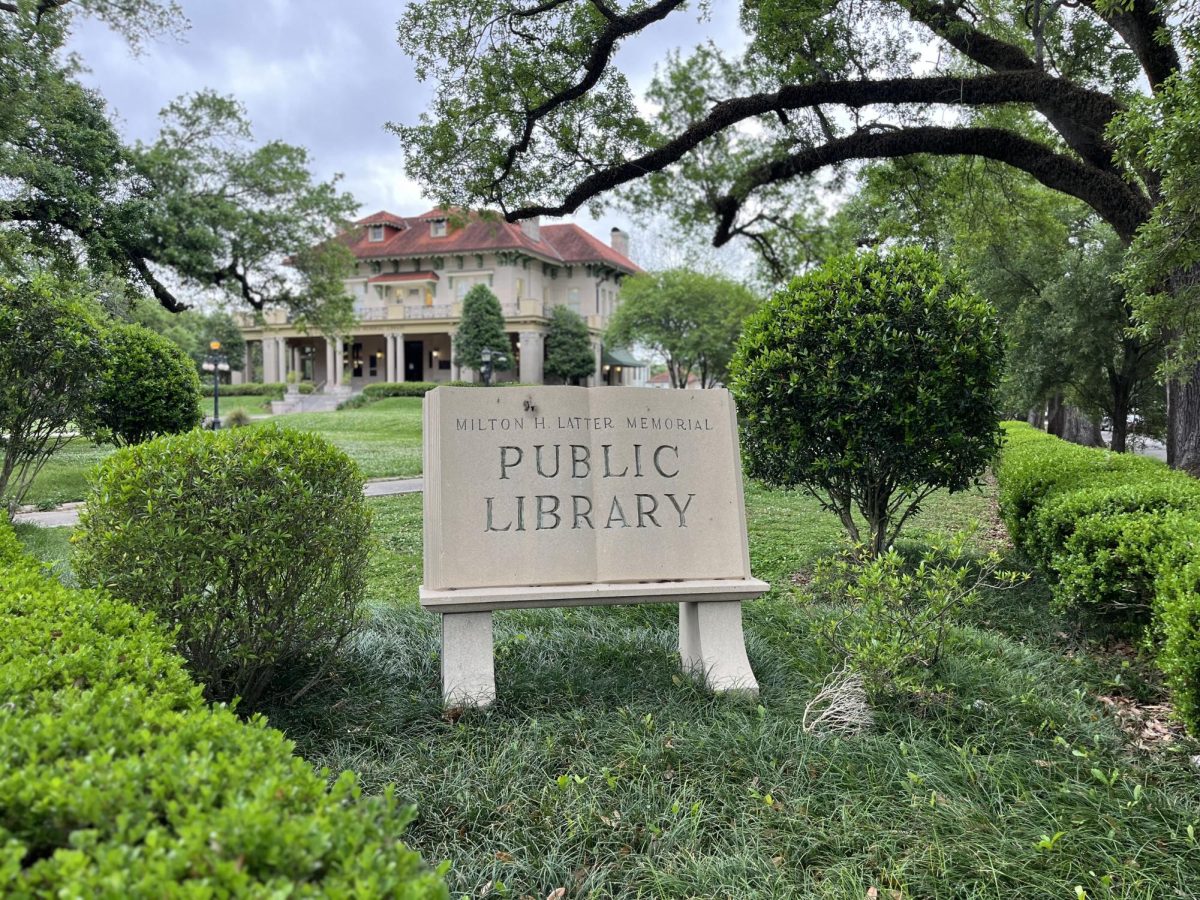The debate around the topic of abortion is brought up once again to Loyola’s campus thanks to a new bill.
The newly-appointed Democratic Senate wasted no time in pushing forward with progressive plans to strengthen women’s reproductive rights through favorable New York legislation.
On Jan. 22, CBS News announced that New York State legislators signed into law a new Reproductive Health Act on the 46th anniversary of the landmark Roe v Wade Supreme Court decision, which made abortion legal in the United States in 1973. The new health care bill, signed by Gov. Andrew Cuomo, met little opposition from the state’s heavily-backed Democratic Senate and now strengthens the legal protection for abortion rights in the state. In a statement for CBS, Cuomo said the bill was established to protect women “in the face of a federal government intent on rolling back Roe v Wade and women’s reproductive rights.”
The RHA bill legalizes a provision permitting late-term abortions when a woman’s health is in danger or there is no vital heartbeat of the fetus. This addition overrules previous state law which limited all abortions to 24 weeks into a pregnancy.
Planned Parenthood of New York President Laura McQuade issued a statement on the company’s website touting the new bill’s success.
“This is a historic day for New York, and we are thrilled to see our legislation catch up with our progressive values in building a state our communities thrive in,” McQuade said.
Shortly after news of the bill broke, online organizers of the New York State Catholic Conference encouraged locals opposed to the bill to sign a petition and contact state legislators to have their voices heard.
On campus pro-life supporters like Sophie Trist, English senior and Wolf Pack for Life President, believes the bill is another blow to the national debate.
“I am saddened and angered by the New York bill,” Trist said. “The law denies all rights to an unborn child, stating that a human is someone who is born and alive. Children in utero are growing and developing human DNA, so what else can they be but human beings?”
The Wolf Pack for Life organization has not planned any specific event in protest of the bill’s passing, however, Trist said the group is actively planning for their Feb. 21 event Diversity in the Pro-Life Movement.
Now living in New York City as a writer, 2014 Loyola graduate Stewart Sinclair believes the RHA bill should be seen as a progressive step forward in women’s health care.
“I support it because it returns decisions concerning the health of a mother and child to medical professionals,” Sinclair said in an email. “The law puts strict limits to the reasons for termination after the 24th week, but it leaves those determinations to the doctors, as it should be.”
When asked if any future law such as the one passed in New York might be proposed in Louisiana, both Trist and Sinclair said it would be unlikely.
“The conservative argument is that the bill would be an abortion-free-for-all,” Sinclair said. “I would suggest most people are being misinformed and women are suffering under a draconian law.”
Strong catholic and family-oriented ties in Louisiana help bind the state in a more conservative pro-life outlook in the policies enacted.
“As a state, we have a strong respect for human life that crosses both political lines,” Trist said, referencing current Democratic Gov. John Bel Edwards’ pro-life views.
Numbers from the Washington Examiner show that the availability of open clinics in Louisiana has declined from 11 in 2001 to now only three remaining clinics in Shreveport, Baton Rouge and New Orleans.
Jamie Braun, a Communications Specialists for the New Orleans Planned Parenthood issued this statement on February 4th in regards to Louisiana healthcare options: “Louisiana ranks the worst in the nation for abortion access and is the third poorest state in the country.”
Reports on February 1st from the New Orleans Advocate detailed the halt of a proposed bill in the Louisiana legislature that would further restrict abortions in the state by the U.S. Supreme Court on Jan. 31.
When asked about the potential further restrictions for clinics, the representative added, “Planned Parenthood cares no matter what. We won’t stop fighting until all our patients have access to the care they need.”
The Lousiana bill would require doctors at abortion clinics to have admitting privileges at nearby hospitals.
“This will help ensure women’s health and safety,” Trist said.
As of February 4th, the Supreme Court has still not made a motion on the bill, needing time to read over it accurately before making a decision.







